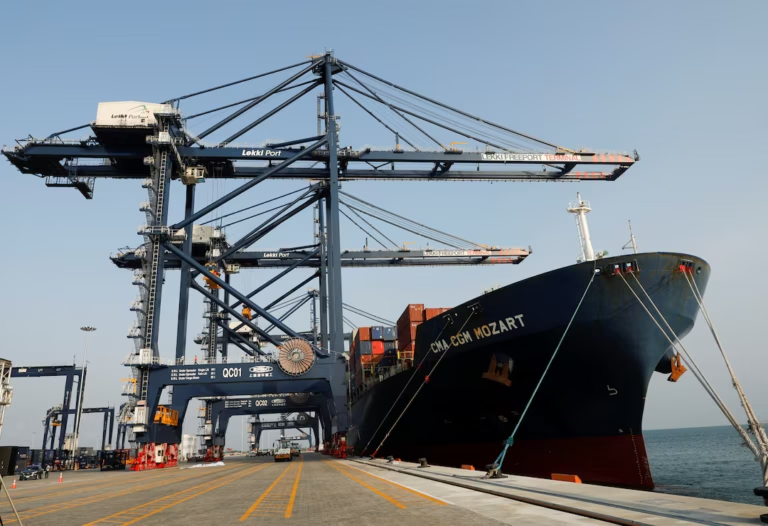The European Union (EU) has launched an investigation into the widespread circulation of counterfeit goods entering West Africa, with Nigerian seaports flagged as critical transit points in this illicit trade that extends to international markets.
According to the 2025 EU Report on the Protection and Enforcement of Intellectual Property Rights in Third Countries, Nigeria ranks among the “Priority 3 countries” facing major challenges in enforcing intellectual property (IP) rights. The report singles out Nigerian seaports as major hubs for the importation and re-exportation of counterfeit products including pharmaceuticals, electronics, and fashion items. This raises serious concerns about consumer safety, public health, and the integrity of global trade.
Nigeria shares this category with countries such as Argentina, Brazil, Ecuador, Indonesia, Malaysia, Saudi Arabia, and Thailand, all of which struggle with IP enforcement that negatively impacts European businesses and markets.
“Nigerian seaports function as maritime gateways for the influx of counterfeit goods into West Africa, notably including falsified medical products,” the report states. The presence of counterfeit pharmaceuticals poses particularly grave risks in regions where regulatory oversight is weak.
In addition to health products, Nigeria is implicated as a transit hub for fake electronics and electrical goods, largely manufactured in China, which are redistributed within West Africa and beyond, including into the European Union. The report notes, “Nigeria serves as a transit point for counterfeit electronics produced in China destined for other West African countries and the EU.”
Moreover, Nigeria is identified not only as a transit country but also as a source of counterfeit goods. The EU cites a joint OECD-EUIPO study titled Global Trade in Fakes (2021), which lists Nigeria as an exporter of counterfeit leather products, handbags, footwear, perfumes, cosmetics, and clothing.
Despite some progress made by Nigerian authorities to improve IP laws and enforcement, the EU report highlights persistent systemic challenges. These include prolonged court cases, limited technical expertise, bureaucratic obstacles, and weak institutional capacity, all of which hinder effective IP rights protection. The report further criticizes Nigeria for delays in ratifying key international IP treaties, such as the Madrid Agreement and Protocol on trademarks, and the Geneva Act of the Hague Agreement on industrial designs. Ratification of these agreements would help align Nigeria’s IP framework with global standards.
The report’s timing coincides with Nigeria’s ambitions to strengthen trade relations and become a regional economic hub. However, the EU warns that without significant institutional reforms and stronger enforcement mechanisms, Nigeria risks continuing to facilitate the trade of counterfeit goods. This could undermine regional commerce and damage Nigeria’s international partnerships.
The EU underscores the urgency of enhancing intellectual property protections as a vital step in supporting Nigeria’s economic development and integration into global markets. “The report also highlights countries with ongoing concerns related to IP provisions in EU trade agreements that require continued monitoring,” it concluded.


